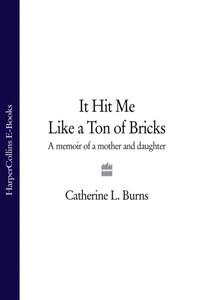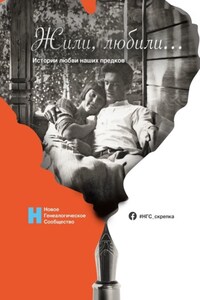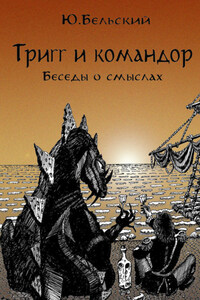My mother said, “When am I going to read it?”
“When I’m done,” I said.
“Are you being sensitive to my sensitivities? I hope.”
“I told you, it is a very three-dimensional, realistic portrait. Of both of us. I probably come off worse than you do.”
“Well I think you should write a disclaimer,” she said, “which clearly states there are three truths: mine, yours, and the truth.”
This book is dedicated to my mother. And to my daughter, who I hope will be sensitive to my sensitivities when the time comes.
Also for RM.
My answering machine is ablaze. I have sixteen messages, all from her. She needs to see me right away. What a pain in the ass. She lives in the Village. I live in Harlem. “Please hurry,” she begs.
I walk in her front door an hour and a half later. She is in tears. I have been her daughter for nineteen years and this is the first time I have ever seen her cry. I don’t like it. I thought I would like it. I concentrate on hanging up my vintage faux fur coat. “I thought you were dead,” she tells my back.
“Well I’m not,” I say. She leads me to the living room, to the center of the U made by her three white Knoll sofas. There are tissues everywhere. She is shaking, clinging to me.
Oh my God, I think, this is it. This is the moment I have steered my whole little life toward.
“I’m so glad to see you,” she says, blowing her nose. “I thought you were dead. I was terrified you were dead.”
“I’m not,” I repeat.
“And then it hit me like a ton of bricks.”
I sit down next to her. She is going to reach out to me. She is going to apologize. I look into her bloodshot blue eyes.
“It suddenly hit me today,” she says. “I don’t know why, but it hit me like a ton of bricks. This has nothing to do with me. If you kill yourself, it is simply not my fault. I am off the hook. None of this is my fault. I am not responsible.” She looks almost euphoric as she takes my hand. “And I couldn’t wait to tell you.”
I am the chef, the star, the main ingredient. My mother is just the assistant. She explains what I do to the camera. “Cathy will pour the egg into the bowl,” or “Cathy will now mix.” Julia Child is also a chef and personality on TV. Julia Child throws all her garbage on the floor, which my mother cannot believe. I want to throw all our garbage on the floor too, but we are allowed to throw our garbage only in the sink, not on the floor like Julia Child. I also like how on Julia Child’s show the finished recipe is always waiting, fully baked, bubbling, and brown, in the oven. It makes her show very professional. I wish our show were that professional. But, as my mother points out, our show is just a game.
My mother says, “Oh I’ll just put my bagel right here while I go answer the phone.” She is not saying it to me, because I am not here. I am invisible. I am hiding behind this chair. I gaze at the buttery golden brown perfectly toasted bagel. I can smell the yeast from across the kitchen. When the coast is clear I take it—plate, napkin, and all—and creep out of the room. This is the life I am forced to live because the food my mother makes for herself tastes significantly better than the food she makes for me.
“Don’t be ridiculous, Cathy, it’s the same bagel,” she said when I told her.
“No. Yours is better. It has better butter. You try. Taste.”
“There is no difference.”
“Yes. Really.”
“Don’t be ridiculous, Cathy,” my mother said, ending the conversation. But I won’t give in. We argue until she backs down. This is the plan: from now on she will pretend all food prepared for me is really for her and then I will steal it when she isn’t looking. This is the only way I can be certain of the quality. I take a bite of my freshly stolen bagel. It’s good, but not amazing. The plan is sound. But her heart isn’t in it.
My mother wraps my hair in a towel after my bath and says, “Well, Lady Josephine, what do you have to say for yourself?” It is like magic the way she gets the towel to stay on top of my head. Even though it’s twirled around and around so many times, it never falls off. She carries me all the way down the green carpeting to my room. She tucks me in and says, “Good night, blessing.” She pats my hair until I fall asleep but I don’t let myself fall asleep because I don’t want her to stop. Ever. Nannies don’t do this. They say I am too old.
This is another game.
“What do you say, Cathy. Dog or dawg?”
“Dog.”
“Very good. Now do you say, I wanna cuppa wooda or I want a cup of water?”
“I want a cup of water.”
“Good. Cawfee or coffee?”
“Coffee.” I am four but I win every time.
“I don’t want you to end up like a truck driver,” my mother says. “It’s my biggest fear for you. Those New York accents are just terrible.”








